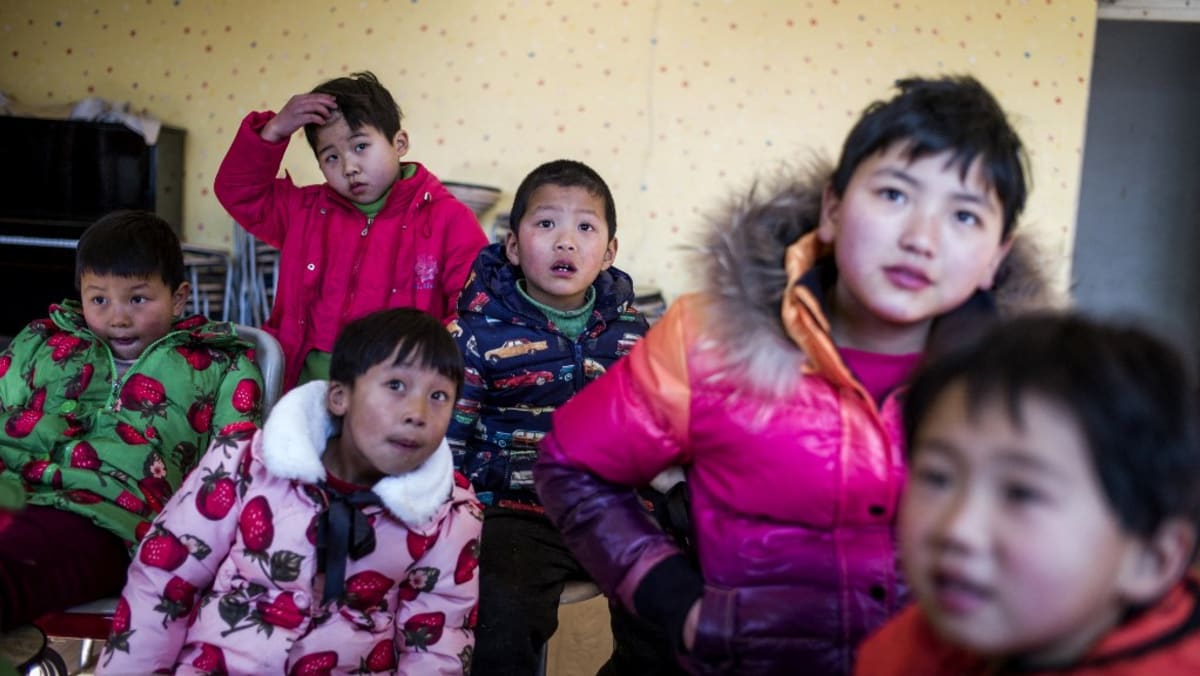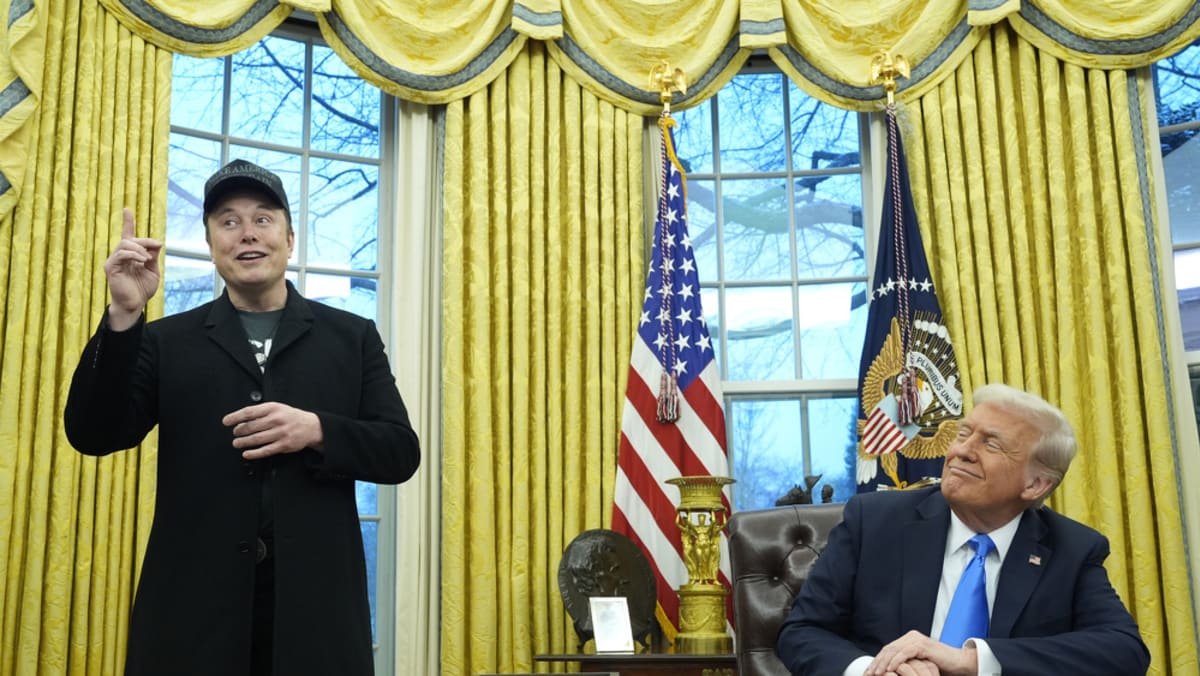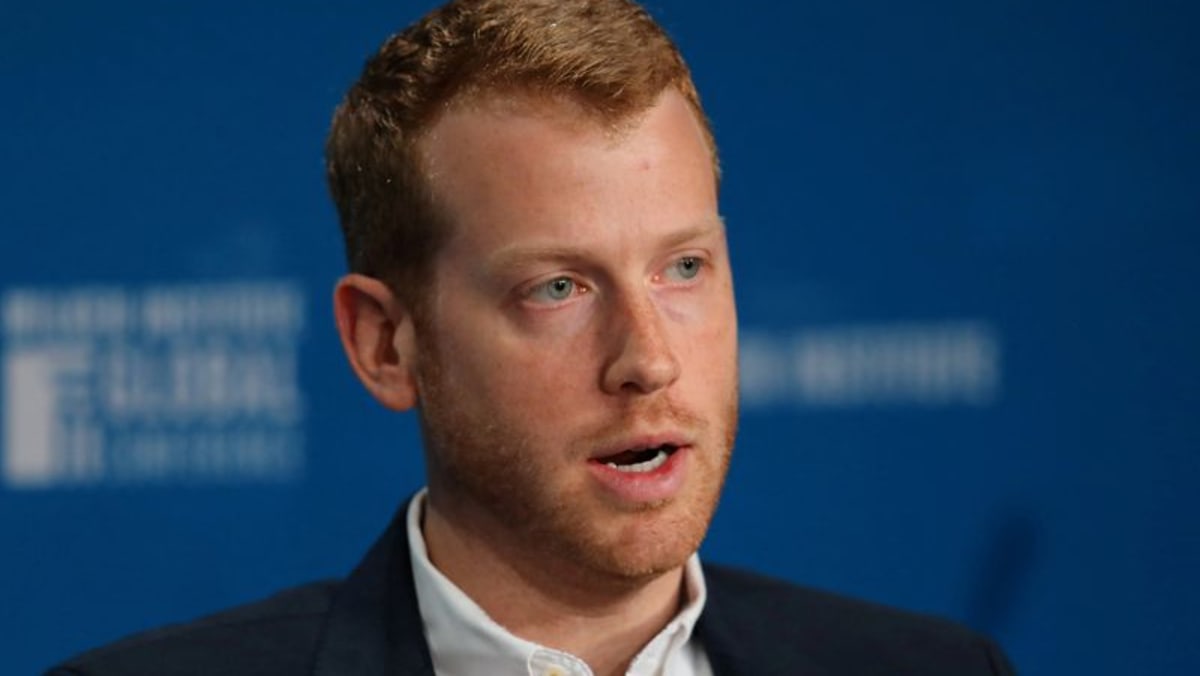Commentary: When everything is viewed from the lens of national security in China, even adoption isn’t safe

ESCALATING CHINA-US TENSIONS
To the extent that the Russian case illuminates the political underpinnings of programme termination, a more plausible explanation for China’s foreign adoption ban lies in escalating Sino-American geopolitical tensions and Beijing’s pivot towards a security-centric policy paradigm.
Under this interpretation, the rationale behind China’s decision to halt international adoptions aligns with its reluctance to share genetic data and its efforts to replace Western tech with domestic options.
The crux of the matter lies in the precipitous decline of bilateral trust between the US and China since around 2018. The COVID-19 pandemic only aggravated this trust deficit, catalysing efforts to oversecuritise – a tendency to frame every policy issue as an existential threat to national security, thereby justifying extraordinary measures. This emergent trend has fostered a “looking-glass” effect, wherein perceived securitisation in one nation engenders analogous responses from its rivals.
As the US moves to safeguard its semiconductor industry, supply chains and biotechnology sector, China’s apprehension intensifies. This anxiety may compel China to securitise previously benign policy domains, such as international adoption, in an attempt to mitigate perceived vulnerabilities.
Indeed, prior to the adoption ban, myriad narratives on Chinese media extolled the altruism and sacrifice of American families who adopted Chinese children with special needs. The juxtaposition between China’s perceived inability to care for disabled orphans and the success stories of these children raised in the US could potentially be leveraged by Washington or “hostile forces” to critique China’s system and bolster American soft power.
As an article published in Guancha.cn, a popular Chinese news site noted for its pro-government and West-skeptical views, observed when justifying the government’s decision, the cases of adopted children achieving success “are often over-interpreted by those with ulterior motives, using them as material to praise the United States”.
This oversecuritisation may also explain the rigidity of China’s decision on international adoption. In the aftermath of Russia’s 2013 adoption ban, the US Department of State successfully negotiated for about 250 children, whose adoptions were already in progress, to join their prospective families. Thus far, the Chinese government has not exhibited such flexibility, despite impassioned entreaties from American families with pending adoptions in China.
Compounding this issue is the discordant response from American society: While many Chinese citizens express regret and incomprehension regarding their government’s decision, some observers and commentators – including those who have traditionally been critical of the Chinese government – tend to view it as a natural corollary of the cessation of population control policies or a crucial step in terminating a legalised form of child trafficking. Meanwhile, others highlight the challenges of identity and belonging faced by children, especially when they are placed in families and cultures that differ significantly from their own.
A foreign journalist, herself an adoptee, described feeling “cathartic” upon seeing China’s international adoptions end.
In the absence of a unified voice in responding to the decision, not only is there a dearth of concern for the fate of more than 50,000 children in Chinese state orphanages, but few American politicians are willing to advocate on behalf of adoptive families. This fragmentation of support further undermines the capacity of US Department of State officials to broker an agreement with Beijing to allow pending adoptions to be completed.
Source: CNA















